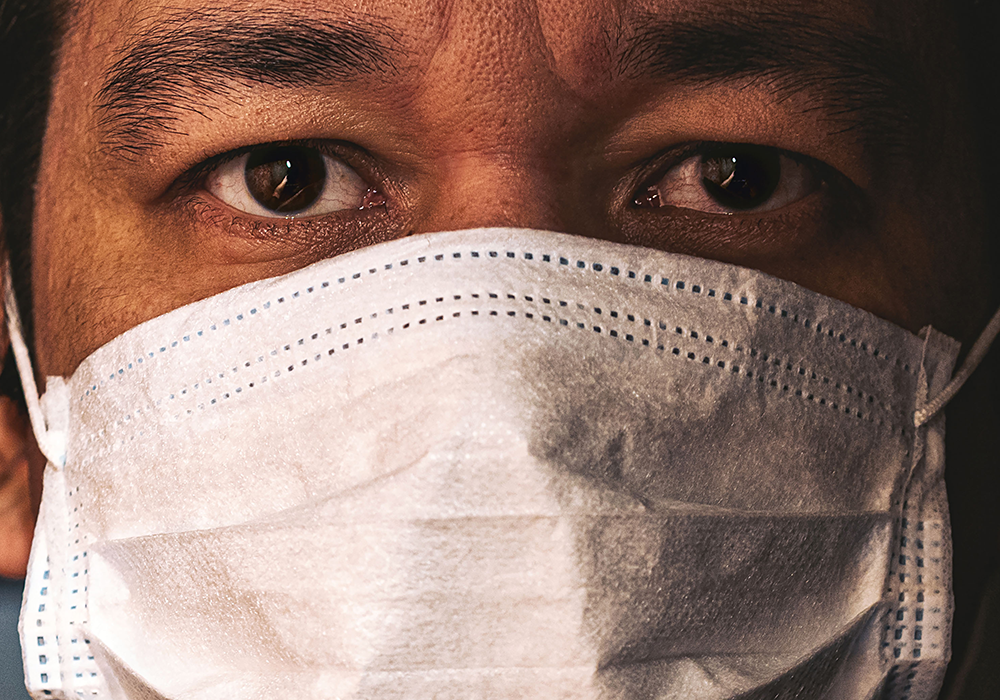People from all major racial and ethnic minority population groups in the United States report experiencing more COVID-19–related discrimination than White adults, including being threatened or harassed based on a perception of having COVID-19, according to results from a new study funded by the National Institutes of Health (NIH).
“The results suggest that the COVID-19 pandemic has worsened existing resentment toward racial and ethnic minorities and other minority populations in the United States,” NIH said in a press release about the findings.
To estimate the prevalence of COVID-19–related discrimination and the influence of sociodemographic characteristics, the researchers collected information and experiences from more than 5,000 respondents in all major racial and ethnic groups in the United States using an online survey. They found that:
- 22.1% reported experiencing discriminatory behaviors.
- 42.7% reported that people acted afraid of them.
- American Indian/Alaska Native, Asian, Hawaiian/Pacific Islander, and Latino adults were most likely to experience COVID-19–related discrimination.
- Sociodemographic characteristics and variables, including limited English proficiency, lower education, lower income, and residing in a big city in the East South Central census division, increased the prevalence of discrimination.
The researchers concluded that “efforts are needed to minimize and discredit racially driven language and discrimination around COVID-19 and future epidemics,” including public health and media messaging that aims to reduce racism and xenophobia during the pandemic.
Nurses and other healthcare professionals are critical in combatting misinformation that contributes to discrimination. They must carefully consider the backgrounds and experiences of all patients to prevent implicit bias and reach solutions to racism, health inequities, and unequal access to care. Explore ONS’s resources, including these cultural conversation starters, and advocate for diversity, equity, and inclusion in your practice. Together, we can fight the pandemic and the inequalities it’s illuminated.






